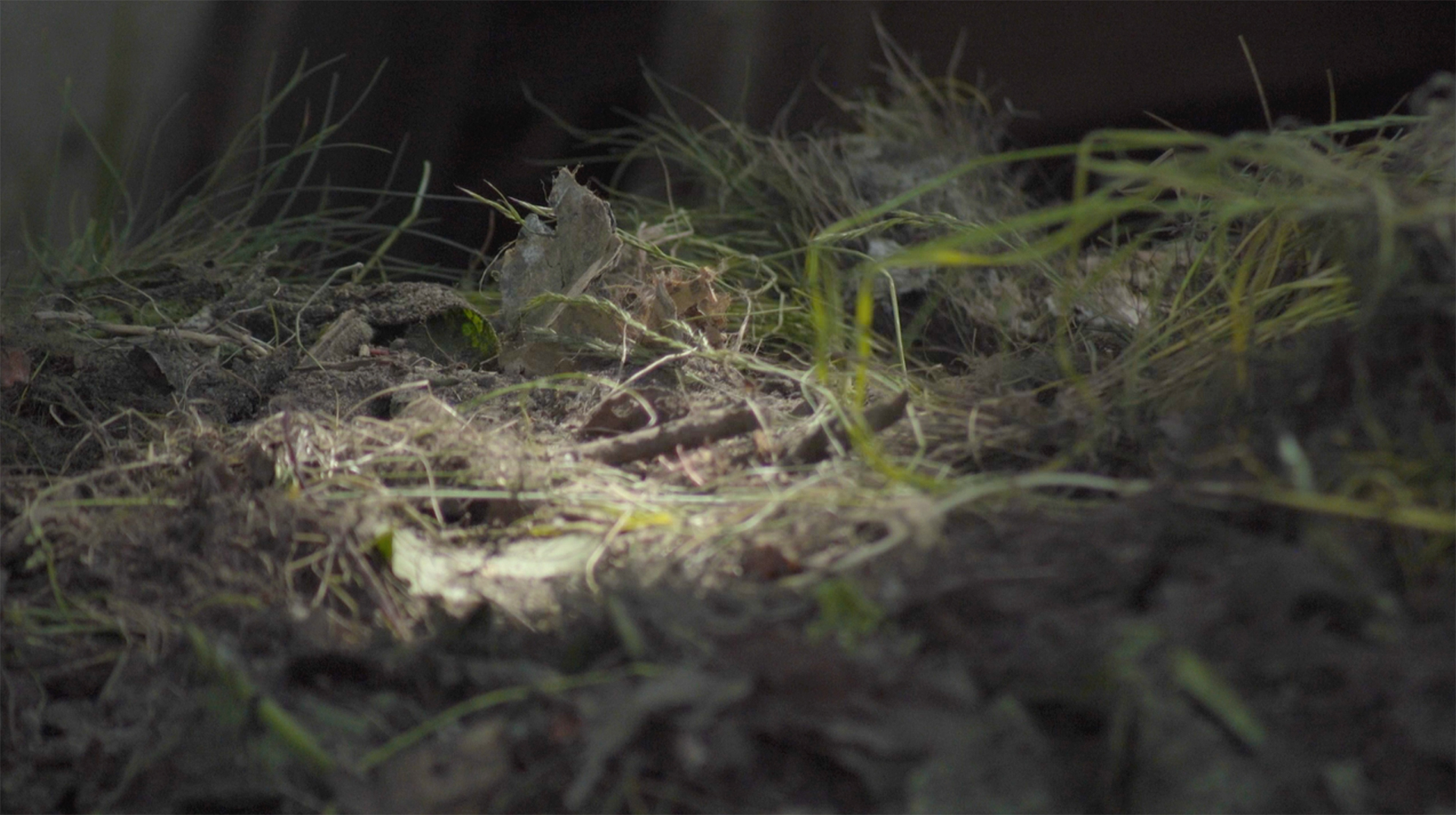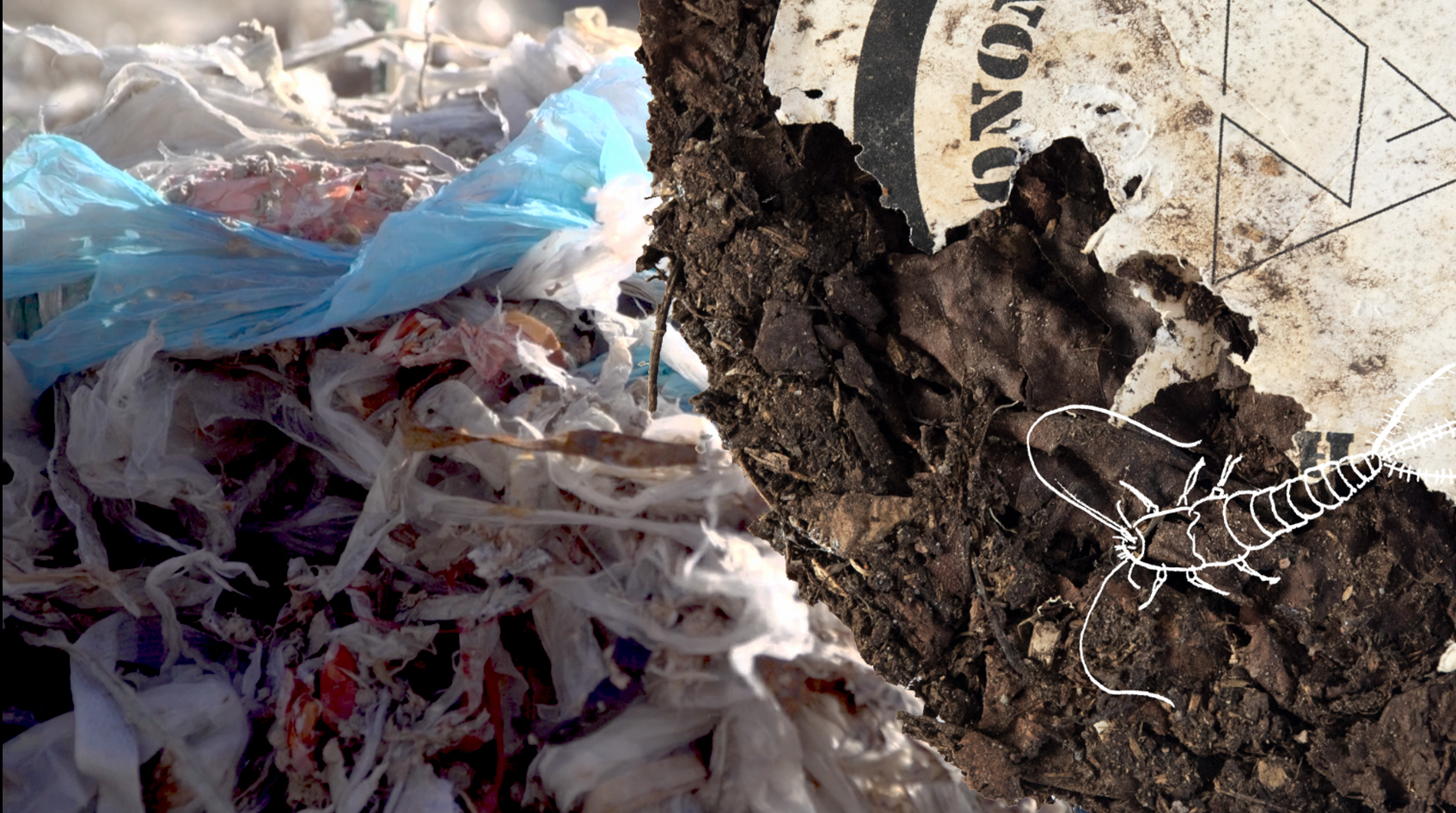-

Open Call: Soils as Sites of Emergency and Transformation, NESS Conference, Gothenburg, Sweden. Abstract deadline 15 Dec!
Dear soil friends, please consider joining us for “thinking with soils” workshop in Gothenburg, Sweden, 7-9 June 2022, as part of the Nordic Environmental Social […]
-
Soil Blindness and the Value of “Dirt”, a Seminar on Ecological Economics, Soil Care, and Homemaking in Times of Transition
Humus Economicus Collaboratory, in association with The Posthumanities Hub, are happy to invite you to a seminar with Thomas Hahn, Stockholm Resilience Centre, and Åsa […]
